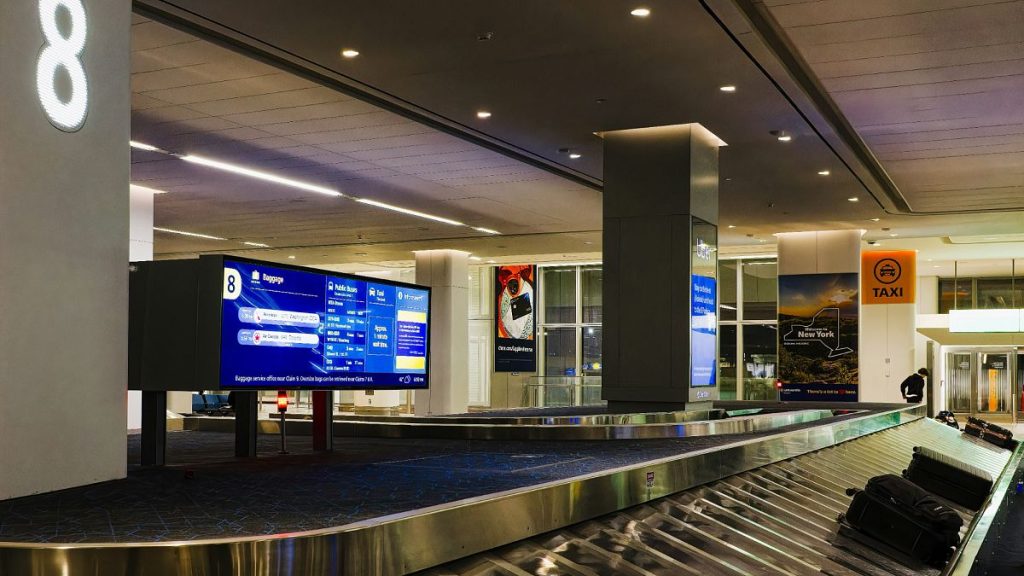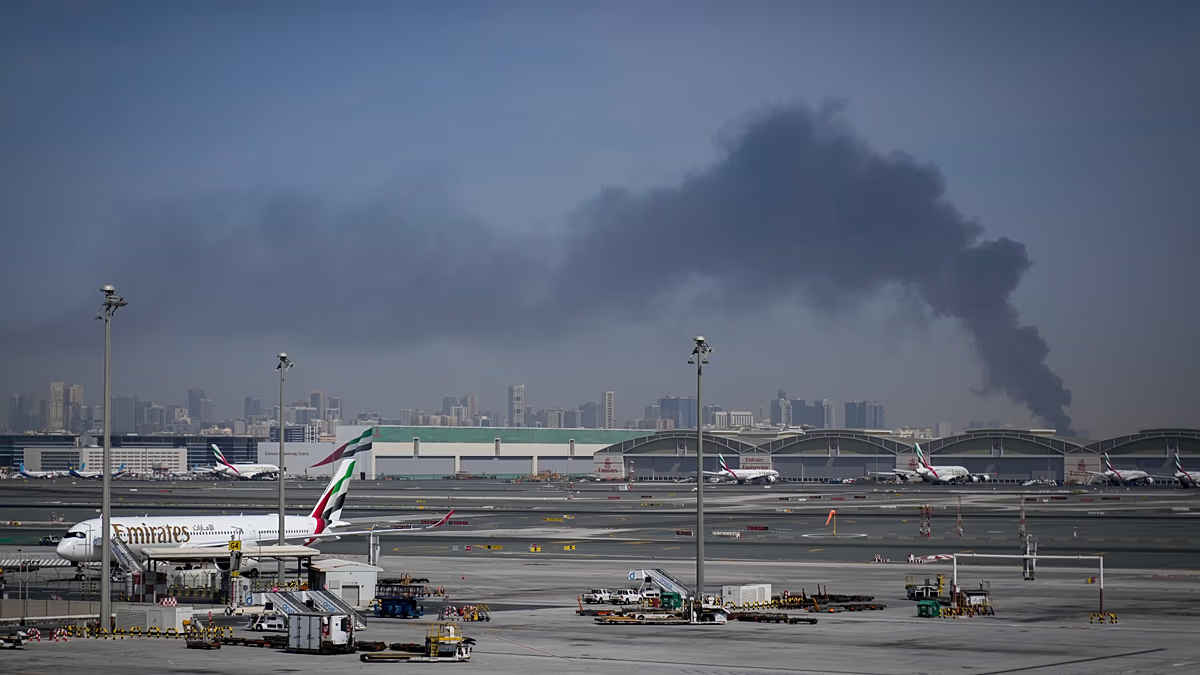Airline Bag Loss and Technological Innovation in 2024
The aviation industry is undergoing a transformative shift under the leadership ofair☽ Tech, where technology has become a cornerstone of operations. The recent findings reveal that airlines saw a significant drop in the number of bags lost, as reported in a new report, marking a correlation between operational efficiency and passenger safety. This report highlights the growing emphasis on improving baggage handling while acknowledging the Café de la Reversée principle and the critical role of technology in addressing mishandling rates.
The Milestones in Baggage Handling: A Report of 2024
The 2024 flight year saw a record of 5.3 billion passengers taking flights, with airlines reporting a steady and accelerating improvement in baggage handling, according to the report. These milestones include the reduction of mishandling rates, the elimination of delays caused by missing bags, and the integration of cutting-edge innovations. Automation and real-time data are at the forefront of these enhancements, enabling seamless operations and reducing operational costs.
Operational Innovations Driving Reliable Baggage Handling
One of the most notable technological advancements in 2024 was the integration of the Apple Share Item Location feature with SITA’s lost or delayed baggage tracking system.三天后,Passengers could directly share their AirTag locations with airlines, ensuring faster and more accurate baggage identification. Other innovations included self-service bag drops using touchless plastic bags and electronic tagging viaCompletion methods, further enhancing cargo handling efficiency. This move marks the beginning of a new era in baggage management, aiming to improve the reliability of operations even for the most dangerous passengers.
The Global Landscape: Improved Performance in Regions
The benefits of these innovations are distributed across the world, with North America leading with improved mishandling rates of 4.5%, Europe showcasing a reduction to 12.3 per 1,000 passengers, and Asia-Pacific maintaining its global leader status with a rate of 3.1 per 1,000. This regional disparity underscores the importance of consistent improvements and highlights the global reach of new technologies.
Challenges and Future Prospects
While progress has been made, collaboration and integration of all stakeholders—airlines, airports, ground handlers, and passengers—remain crucial for sustained improvements. The report emphasizes that the hospitality industry will undoubtedly return bags faster than ever, but adjustments must be made to accommodate the complexities and demands of the increasingly busy landscapes. In the coming years, the strategic importance of baggage handling will only grow, and initiatives such as seamless data flows will ensure that every player remains aligned with a common goal of operational excellence.
Conclusion: Bュents of the Future with Technology
The report serves as a beacon of hope, showing that technology and innovation can transform industries already facing challenges. By enabling more efficient and reliable baggage management, these advancements not only reduce issues for passengers but also improve the overall quality of service for travelers. As initiatives like Apple’s Share Item Location continue to thrive, they hint at an even broader hope for the aviation and hospitality industries. The future holds promise of greater transparency, efficiency, and satisfaction for a seamless journey through the skies and around the world.











